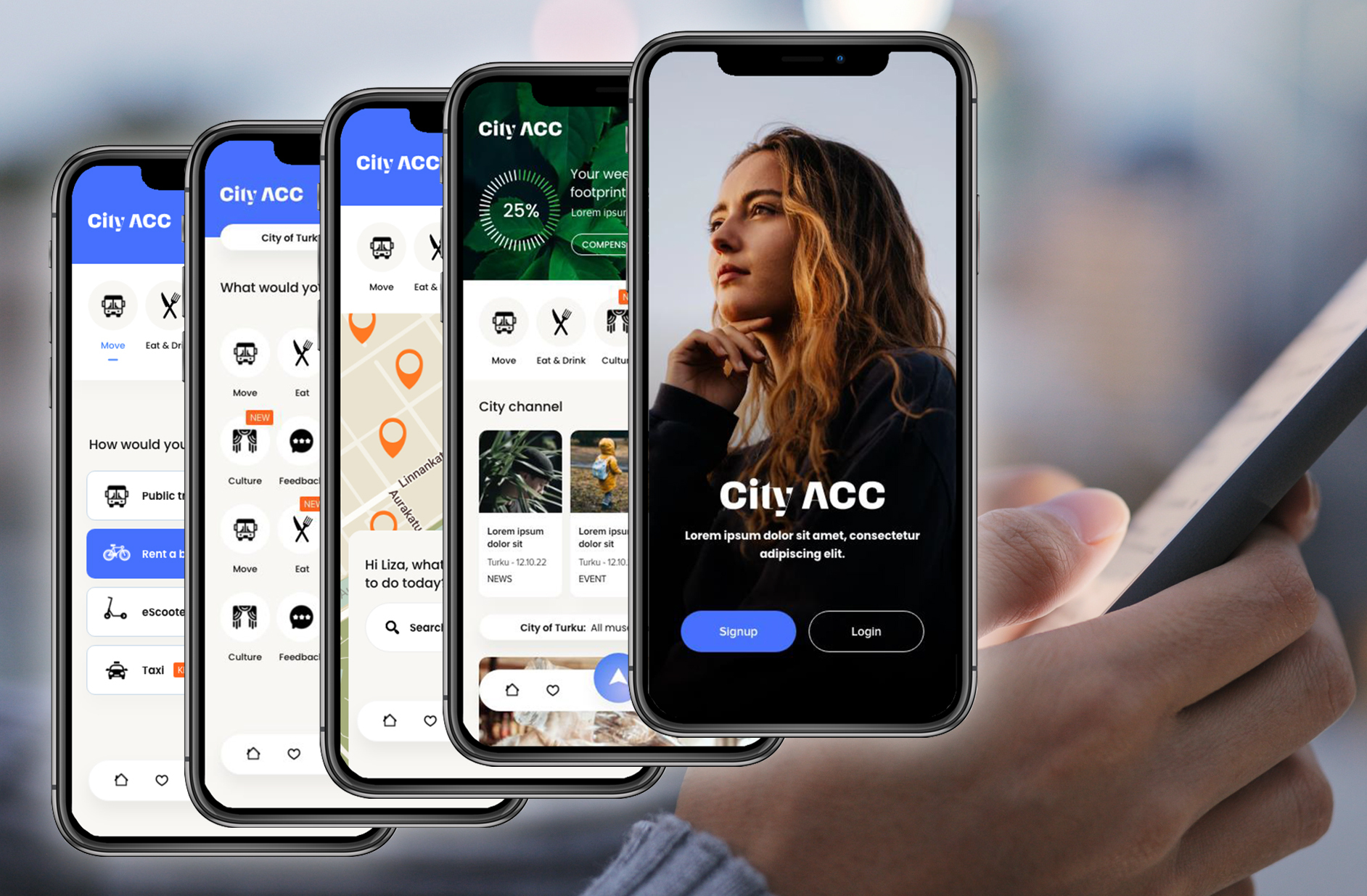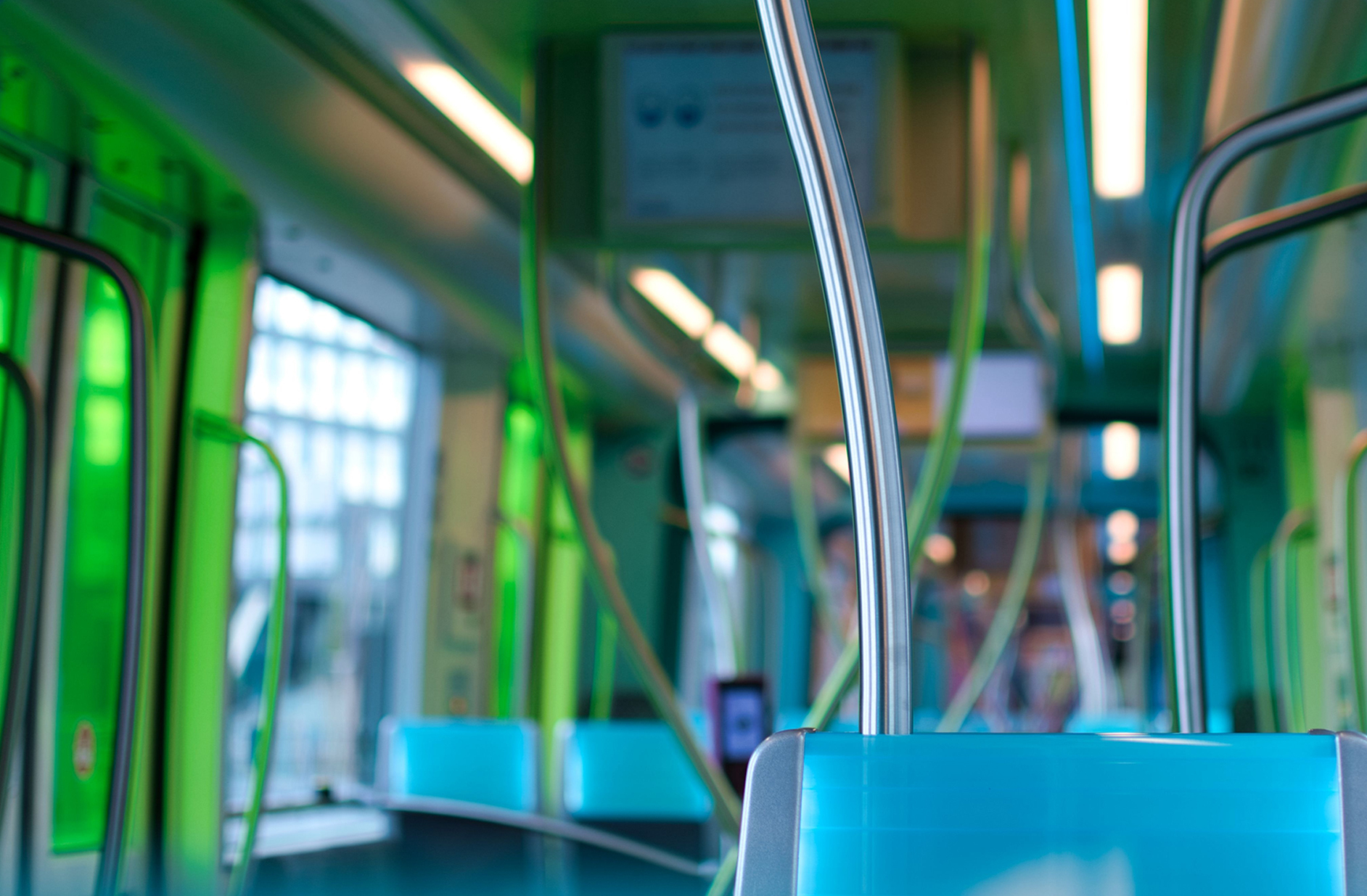By Pirkka Lankinen
CEO at PayiQ
After Q1, PayiQ still finds itself firmly on the growth track we established in 2022. Ticket sales through our apps were up by more than 20% in the first quarter compared to last year. The increased sales are coming from all over Finland, not just from our stronghold, the greater Turku region. There’s no reason to think that the growth will not continue.
Part of the growth, as I have expressed before, still comes from the recovery from Covid and the return to offices. However, most of the sales increase is due to overall digitalization. The general population has grown accustomed to digital services, likes to use them, and wants to use them when they are available.
We have now established our ticketing services all over Finland and can count over 500,000 users. This means that we have now reached technical maturity, found market fit, and have the financial foundation to start taking the next steps.
An important focus area is City Acc, and all its possible applications. City Acc is a revolutionary ecosystem we are developing to transform the way we access and track transport. But that’s not all. With City Acc, we are also providing a fun and engaging way to measure and reduce CO2 emissions for individuals, organizations, and regions alike.
During Q1, we secured financing for the City Acc initiative MVP, and our first app with game-changing capabilities will be available in the app stores when this article is posted. By teaming up with award-winning German mobility analytics technology we can add to our service an AI-driven CO2 footprint calculator that can track up to 20 different modes of transport. With this feature, both individuals and cities can gain valuable insights into real-life mobility choices and how they affect the carbon footprint.
The business model of City Acc ecosystem is manifold and needs to be explored. Right now, we are focusing on the one hand on the individual experience involving local services and stores, and on the other hand on the corporate, municipal, and regional levels.
For the individual, every time they make a sustainable travel choice and save 5kg CO2, they earn Climate Coins. Coins can then be exchanged for vouchers from our partners. Building and managing an ecosystem of partners will be a priority in the coming months. Once that ecosystem is up, we can bring a variety of new services and opportunities to our users. One fun feature is that this partner network can be international. CO2 calculation and usage spans European wide.
The other immediate field of opportunity is turning sustainability into a competition between organizations, cities, and regions. Driving down emissions caused by traffic is one of the hardest climate-related challenges we have, and here we have a fun way to engage more people to think and act for the good of the planet! Through the data provided by the app, it is easy to see who is making the most progress. We have already received a very positive, at times excited reaction from companies and municipalities. We hope to see some companies and maybe even municipalities in friendly competition against each other in lowering their CO2 footprint already this year.
The opportunities offered by City Acc extend far beyond what we have discussed so far. This technology has the potential to revolutionize public transport ticketing if transport authorities and operators choose to embrace it. By utilizing the data gathered by the system, fares could be calculated based on the actual distance traveled and the mode of transportation used, eliminating the need for complicated zoning systems. Passengers would only be charged for the actual usage of the service. However, this would require a fundamental shift in thinking about public transport operations and ticketing, and we understand that such a change may take time to implement.
Meanwhile, using City Acc as a data-gathering tool is a simple and effective way to benefit from the technology. By leveraging the data without compromising anyone’s privacy, we can provide valuable insights to businesses, such as shopping malls or beauty salons, about their customers’ locations and travel habits. However, the potential of City Acc extends far beyond individual businesses. It opens up a new, data-driven channel of communication between citizens and traffic planners, making surveys unnecessary as we can track and aggregate people’s preferences in real-time through the app. With citizens able to report traffic issues and suggest improvements, traffic system development becomes more interactive and responsive.
Up to this point, PayiQ has focused on building and securing a critical mass of users in Finland. With this goal achieved, it is now time to explore the full potential of the next level in ticketing: gamification and smart ticketing to activate and increase sustainable traveling!
















